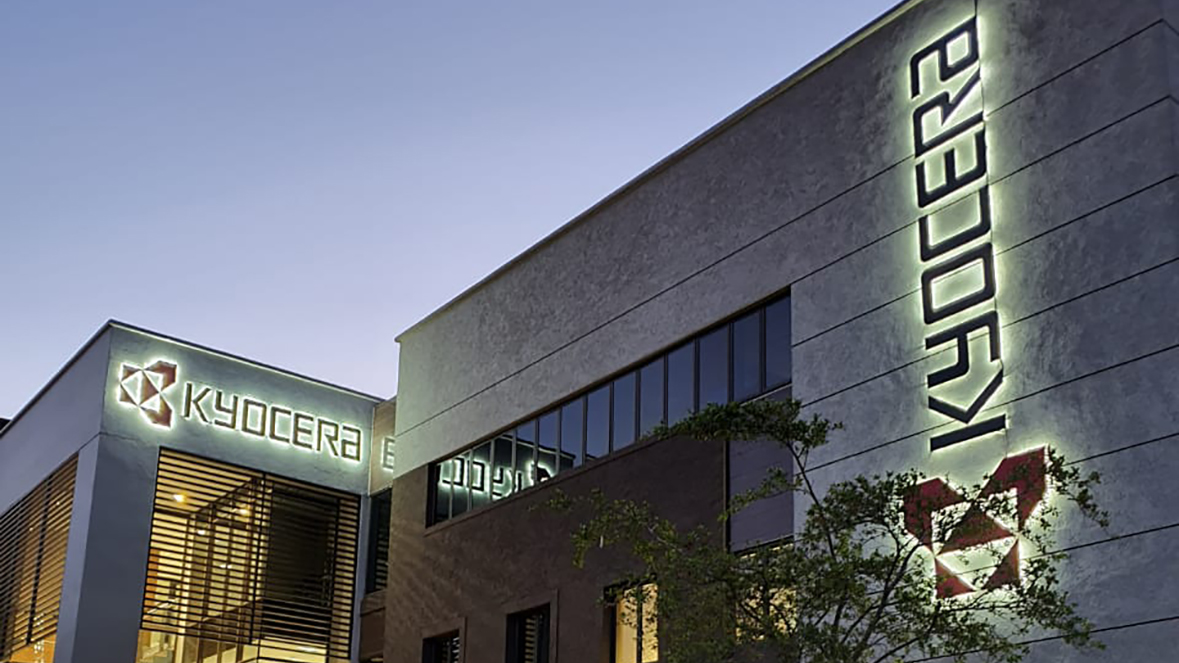Introduction
Kyocera Document Solutions South Africa is a country level subsidiary of Kyocera Document Solutions Inc, a global company offering a full suite of business applications and consultative services.
Kyocera’s extensive business applications enable a total document approach to achieving increased workflow efficiency, enhanced employee productivity, minimised environmental impact and significantly reduced operating costs.
Challenge
Until 2014, Kyocera Document Solutions South Africa had been sending out more than 3500 manual invoices to clients at a cost of about R12.04 an invoice.
Aside from to the cost and tedium of this process, the company was concerned that the manual distribution of documents would be in contravention of impending privacy requirements set out by regulatory bodies such as ISO27001, SARS, Protection of Personal Information Act (PoPI) and the General Data Protection Regulation (GDPR)
.Using South Africa’s postal service often resulted in delays in clients receiving their invoices, if at all.
These considerations, in addition to the fact that Kyocera prides itself on being ahead of the curve in terms of innovation and reduced of environmental impact, spearheaded the company’s decision to adopt the technology and processes to achieve digital transformation.

Solution
As an initial step, Kyocera Document Solutions South Africa conducted an assessment of the existing process, measuring the costs involved in terms of human hours and price per unit.
After a thorough investigation it was decided that the solution lay in implementing an Enterprise Content Management (ECM) system, which mapped out and digitised the invoicing process.
Werner Engelbrecht
Business Benefits
Reduction of cost
The implementation of the ECM system reduced the cost per invoice from R12.04 to less than R0.88 per invoice.
Increased Productivity
Overall productivity increased across the finance department.
Central Repository
All invoices are stored in a central repository, which allows easy access and retrieval.
Metadata
This invoicing process automation enabled the ability to extract metadata from an otherwise basic PDF document.
No more delays
Postal delays were no longer an issue.
No printing
No paper printing is required with an ECM system, which also saved on costs.
Minimal Customisation
The ECM solution needed very little customisation and addressed more than 90% of the regulatory requirements.
ROI
The implementation of this one process successfully achieved ROI and paid for itself relatively quickly.
Kyocera SA embraces ECM
Ian Dury
Conclusion
The successful implementation of the ECM system spearheaded a desire for Business Process Optimisation and Automation across Kyocera Document Solutions South Africa. Employees in all departments began asking: “What can we do to improve our processes?”.
The ECM was employed to allow approvals via mobile, which increased overall productivity and began to foster a more mobile workforce.
Kyocera’s path to digital transformation has subsequently been adopted in other areas of the business, including:·
- HR documents and processes (leave, loans, overtime et cetera)
- HR onboarding
- All paper-based forms were digitised and follow a workflow process
- Employee travel inquiries
- Employee claims
- Invoicing and credit requests
- Internal stock shipments
- Pricing approval requests
- Fixed asset forms
